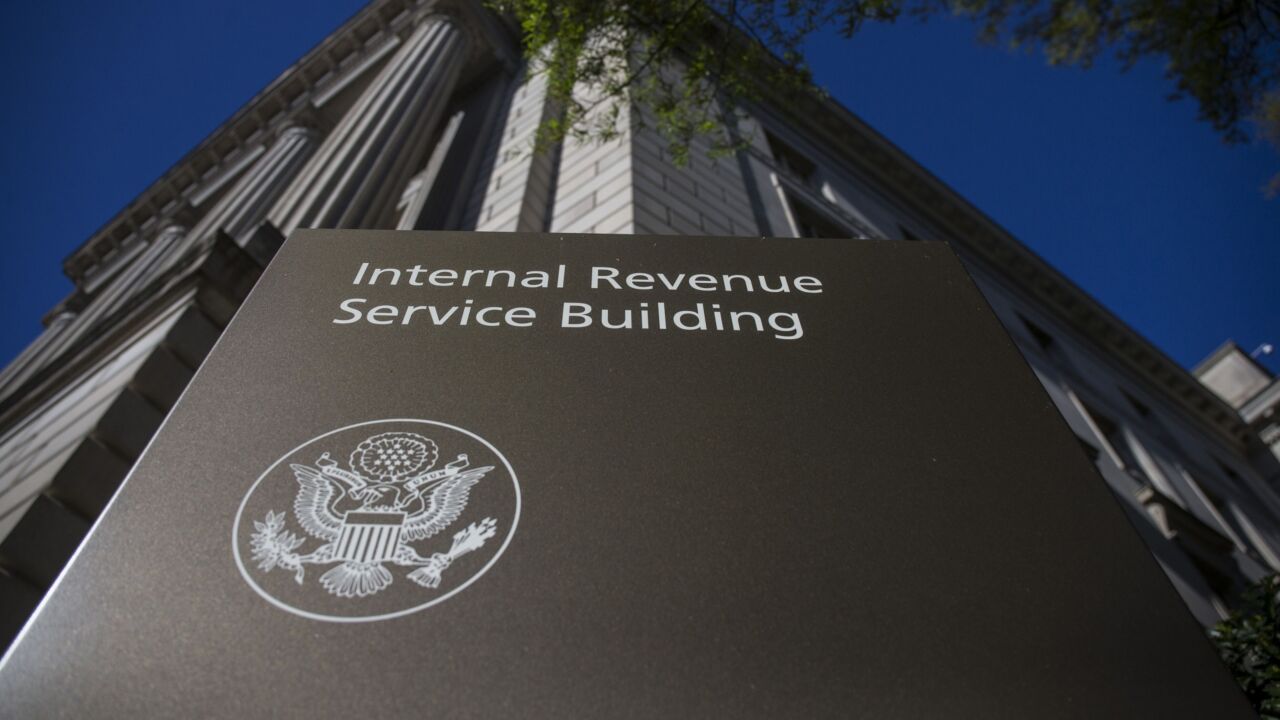When it comes to credit scores and credit reports, change isn’t on the horizon. It’s already here. This is fundamentally good news. But the changes won’t have much benefit if banks don’t implement them.
Today’s credit scoring models are more inclusive than in years past, adding data sources such as rent, utility and cellphone bill payments. The new models also treat medical collection debt more fairly by ignoring settled delinquencies, and ignore paid collections accounts entirely. Credit file data is also changing for the better. In March, the Consumer Data Industry Association, a trade organization representing the three national credit bureaus and companies that collect and sell consumer information,
Undoubtedly, these changes are positive, but they will only have an impact when lenders put these scoring risk models into use. So far, lenders are continuing to rely on older credit models that are less predictive and penalize consumers for positive behaviors like paying off collection accounts. The unfortunate status quo across credit markets is that millions of underserved borrowers are locked out of the mainstream credit market, and other consumers should be receiving better terms and interest rates than do.
I have seen firsthand how demotivating it is to try to encourage consumers, who are seeking credit counseling, to pay off old collection accounts when there is no discernible improvement to their credit score. Small victories motivate consumers to continue on the path toward financial stability, but not if those victories don’t count.
The reasons that lenders still rely on outdated scoring models vary. Some lenders are simply too small and don’t think they have the resources to implement new scoring models. Other banks are placing priorities on other technological improvements. Still other institutions are frankly too big. These big banks worry that the change will be too disruptive to their businesses. All three approaches, however, are shortsighted.
For the good of their current and future customers, they must prioritize upgrading to new scoring models. In so doing, lenders can widen their nets and originate more loans without lowering their standards. Consumers can gain greater access to mainstream credit at appropriate costs.
To be sure, certain credit products do pose clear obstacles to lenders using newer models. For instance, there is a very real hurdle that exists in the mortgage market where Fannie Mae and Freddie Mac effectively govern automated decisioning through what’s called their “seller servicer guidelines.” These guidelines require lenders that rely on automated underwriting to use versions of the FICO model that are now generations old and based on sample dates from periods before the Great Recession.
These models are devoid of any of the aforementioned innovations that have made credit scoring fairer for consumers and safer for businesses. This is an alarming reality that needs to be addressed immediately. Sure, the Federal Housing Finance Agency, which oversees Fannie Mae and Freddie Mac, has been looking into adopting newer credit models for a few years; however, no decision has been made as yet. A bill called
But lenders have no excuse for failing to update to newer credit models for their other credit products. The good news is that there is upside for lenders investing in new models: They will have more opportunities to win over more creditworthy borrowers. They should act now to adopt newer credit scoring models before someone else makes them.





